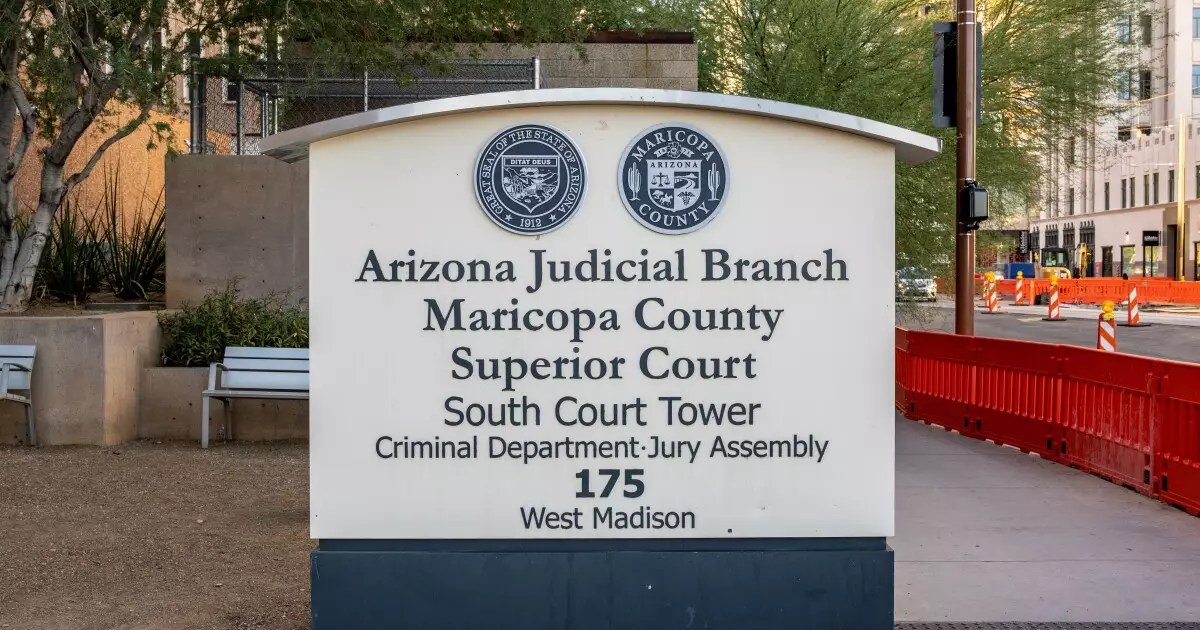The town of Gilbert, Arizona, finds itself at the center of a contentious legal battle after the Goldwater Institute filed a lawsuit accusing the town council of violating the Arizona Constitution. The lawsuit was lodged in Maricopa County Superior Court after Gilbert’s council approved tax increases aimed at funding critical infrastructure projects. This increase, effective January 1, is projected to generate approximately $55 million annually through higher sales, use, and lodging taxes.
Central to the lawsuit is the assertion that the tax increases contravene stipulations laid out in the state constitution. The Goldwater Institute argues that the constitution expressly prohibits any political subdivisions in Arizona from imposing or increasing transaction-based taxes on services performed within the state. As the litigation unfolds, the implications of this legal stance could set significant precedents regarding municipal finance and tax authority across Arizona.
In a statement, Gilbert officials justified the tax hike as a necessary step to address urgent infrastructure needs. The town outlined a plan involving 23 parks, recreation, and public safety projects, indicating an ambitious total cost upwards of $700 million. This strategy aims to enhance the town’s infrastructure without over-relying on debt financing. Currently, Gilbert holds nearly $280 million in outstanding general obligation bonds, which adds further scrutiny to the decision to increase taxes rather than pursue alternative funding avenues.
This legal challenge is not isolated; it follows a similar case against the town of Payson, also initiated by the Goldwater Institute. That lawsuit contested Payson’s decision to issue $70 million in bonds quickly, claiming it was done under dubious emergency pretenses. While the Payson case was declared moot, it underscores a growing trend of scrutiny and challenge facing municipalities in Arizona over their financial strategies and constitutional compliance.
Local residents, including a Gilbert homeowner and the Home Builders Association of Central Arizona, have joined in the lawsuit, highlighting community concerns over the financial decisions made by town officials. The mixed reaction from the public reveals a divide between those who support aggressive taxation for infrastructure improvements and those wary of potential overreach and fiscal irresponsibility. The outcome of this lawsuit will not only affect Gilbert’s infrastructure plans but could also influence how local governments navigate their financial obligations and tax policies moving forward.
As the lawsuit progresses, Gilbert stands at a crucial crossroads that could redefine its approach to municipal finance and constitutional adherence. The resolution of this legal conflict will provide insights into the boundaries of local governance and tax authority in Arizona, potentially reverberating across the state as other municipalities observe the situation closely. Whether the town can successfully uphold its tax increases or if legal pushback will force a reevaluation of its fiscal strategies remains to be seen, marking a significant chapter in Gilbert’s ongoing narrative of growth and governance.


Leave a Reply